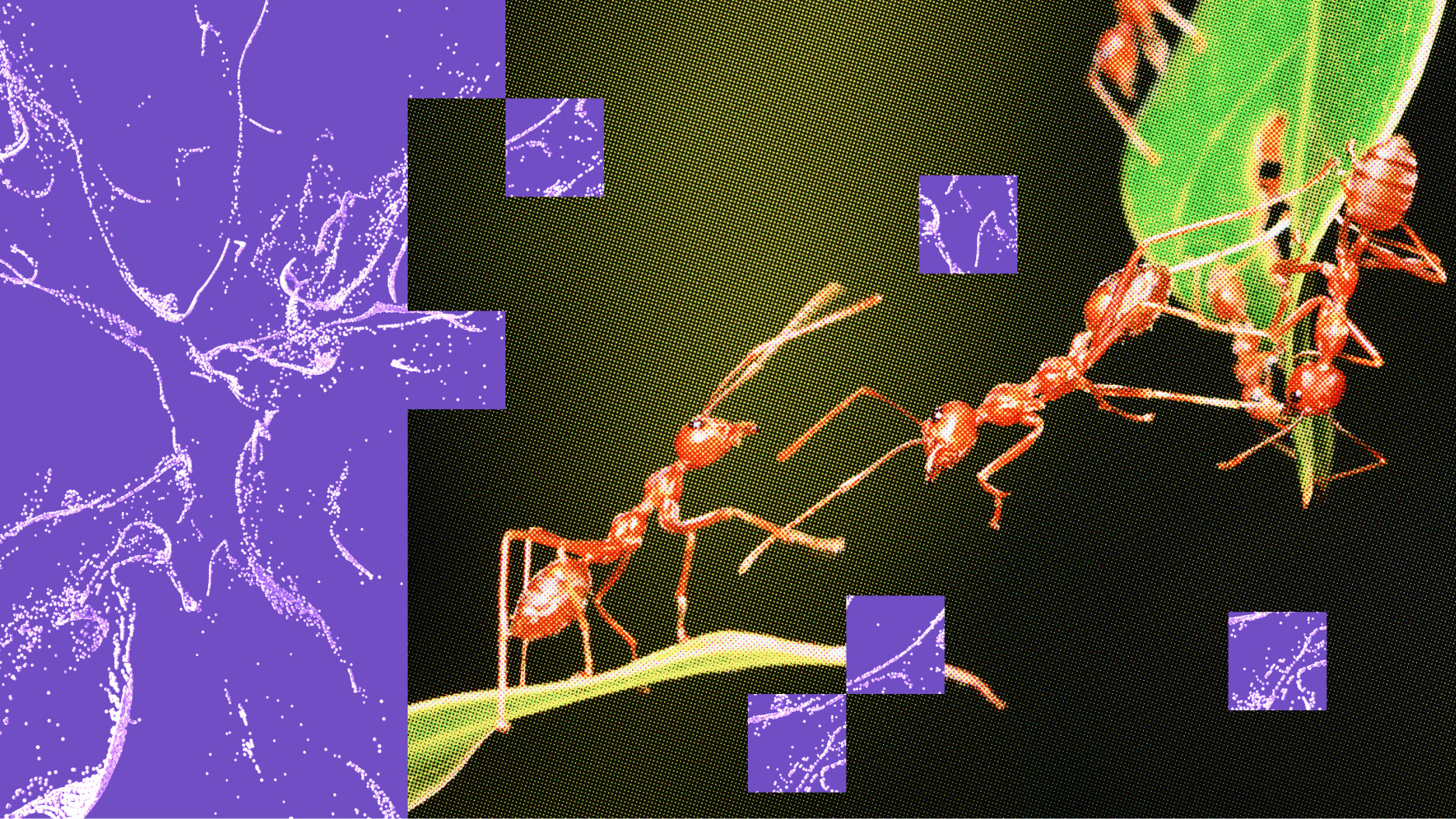How Being Wired to the ‘Net Poses an Existential Threat

What’s the Latest Development?
Communication is increasingly mediated through the World Wide Web. The amount of Twitter of activity, for example, surrounding the 2012 London Olympics on its second day had overtaken the amount of Tweets posted during the entirety of the Beijing games, which occurred just four years ago. And it goes without saying that communication is no longer just picking up a telephone receiver. Online identities communicate with other online identities, which simulate the real people behind them. In exchange for the liberties that ubiquitous online communication give us, we must accept the constraints imposed on our autonomy by technological barriers.
What’s the Big Idea?
Santiago Zabala, ICREA Research professor of philosophy at the Pompeu Fabra University, identifies two kinds of Internet users: the connected and the wired. The wired are those people who communicate via online identities (LinkedIn, etc.), which necessarily restrict the scope of human personalities. Online communication is therefore, says Zabala, a threat to our autonomy. “The better our ability to interpret autonomously, the better our chances to live a distinct life, but who is capable of overcoming the web’s existential consequences? The online moderate or the wired enthusiast?”
Photo credit: Shutterstock.com





